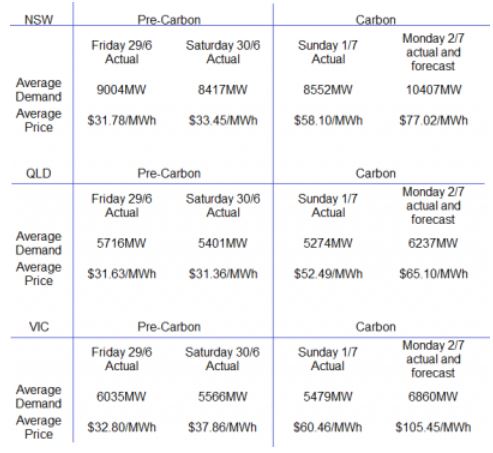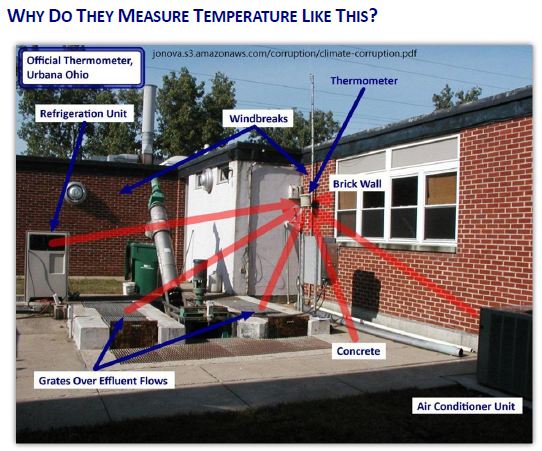Ray Evans & Tom Quirk have a comprehensive article on the folly and ruinous expense of so-called renewable energy in the current issue of Quadrant Magazine.
A few sample paragraphs:
The low-cost electricity we once enjoyed was obviously of great advantage to ordinary families, whose standard of living was thereby enhanced. But it was of greater importance to commercial and industrial consumers, who were able to offer goods and services at lower prices, and to employ more people. Cheap electricity is a major contributor to national prosperity and to economic diversity, and the increases in prices that have taken place, with more in the pipeline, will spread through the economy with continuing deleterious consequences. We will see the closure of industries which have relied on cheap electricity for their international competitiveness.
The mechanism through which electricity consumers pay greenmail to the owners of windmills and solar panels is the mandatory Renewable Energy Certificate, introduced by John Howard in his 2001 MRET legislation. As James Delingpole explained in the Australian on May 3, writing about the ghost town of Waterloo in South Australia (now depopulated by the impacts of the sub-audio frequency vibrations generated by the nearby wind farm), a 3-megawatt wind turbine, costing $6 million, will be lucky to generate electricity worth $150,000 in a year, but will receive $500,000 in RECs, paid for by the hapless electricity consumer.
The Commonwealth’s responsibility has been both direct—as in Howard’s MRET legislation of 2000 and Rudd’s legislation of 2010—and just as significantly indirect, as the continuing attack on coal, both under Howard12 and more recently under Rudd and Gillard, has made investment in new coal-fired power stations far too hazardous for private investors to contemplate. The MRET scheme, on its own, has led to so-called investments, mostly in South Australia but also in New South Wales, of at least $3 billion in wind farms. These wind farms are economically worthless13, in that their output is unpredictable and cannot be sold without government coercion. So the NEMMCO system operators who allocate output, on the basis of competitive bidding, to the generators for the next day, have to arrange for at least 90 per cent back-up for whatever wind-farm output is proposed by the owners. Because of the MRET legislation this output gazumps all other generators, as the coal and gas-fired generators have to purchase the RECs required by the Act.
Solar panels are much worse than wind-farms. They are at least four to five times as costly as coal-fired power. They only operate when the sun shines. They are a mechanism for transferring large sums of money from poor families to rich families, who not only receive hugely inflated sums for electricity they feed into the grid, but who advertise their green piety with large solar installations on their roofs. These solar installations are rarely seen on modest homes; they are the green equivalent of the Mercedes in the driveway.
Now the Gillard government’s tax on energy production has come into effect, the impact of this madness will be multiplied. Every aspect of the Australian economy will be less competitive; primary industry, manufacturing, retailing and service industries.
This graphic from Andrew Bolt’s blog shows a doubling in the wholesale price of electricity in the two days since the carbon tax began:
Does anyone really think a couple of hundred dollars in bribes is going to compensate for this? If you wanted to undermine an entire economy, you could hardly come up with a better plan.
This is economic terrorism, and Labor and the Greens are the suicide bombers.




